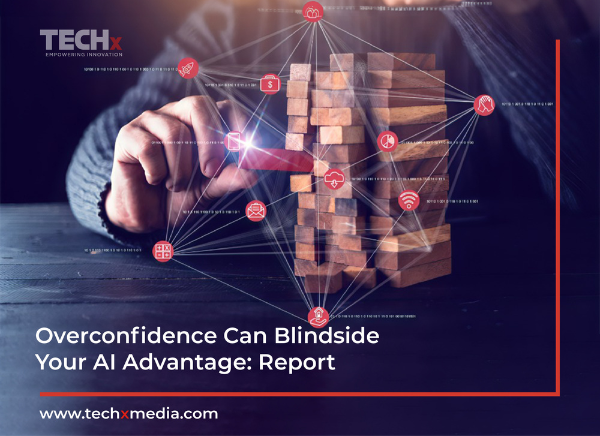
Organizations Overlook Ethics, Data in Rush to AI, Report Warns
A recent global report, commissioned by Hewlett Packard Enterprise (NYSE: HPE), sheds light on a concerning trend: nearly half (44%) of IT leaders feel their organizations are fully equipped to harness the benefits of AI. However, the report uncovers critical gaps in their AI strategies, including misalignment between processes and metrics, leading to fragmented approaches that could hamper successful outcomes.
Titled ‘Architect an AI Advantage’, the report surveyed over 2,000 IT leaders across 14 countries. Despite increased global investment in AI, businesses are neglecting crucial areas crucial for AI success. These include low data maturity levels, potential shortcomings in networking and compute infrastructure, and overlooking ethics and compliance considerations. Such oversights could significantly impact return on investment (ROI) in the future.
Sylvia Hooks, VP of HPE Aruba Networking, emphasized the growing appetite for AI adoption but cautioned against ignoring blind spots that could stall progress. She highlighted misalignment in strategy and departmental involvement as potential obstacles hindering organizations from leveraging expertise effectively and ensuring a comprehensive AI roadmap benefits all business areas.
Data maturity remains a concern, with only a small percentage (7%) of organizations capable of real-time data management for innovation and monetization. Furthermore, less than 60% of respondents feel their organizations are fully capable of handling key stages of data preparation for AI models, risking delays and inaccurate insights.
The report also reveals gaps in understanding compute and networking requirements across the AI lifecycle. While confidence levels seem high, fewer than half of IT leaders claim a full understanding of AI workload demands, raising questions about accurate provisioning.
Notably, organizations are failing to integrate AI strategies across business functions, with many opting for fragmented approaches. Moreover, ethics and compliance considerations are often overlooked, despite increasing scrutiny from consumers and regulators.
The absence of AI ethics policies poses significant risks, including exposure of proprietary data and potential negative impacts on brand reputation. Inadequate data quality and infrastructure understanding further increase the risk of developing ineffective AI models, contributing to reduced ROI and environmental concerns.
Dr. Eng Lim Goh, SVP for Data & AI at HPE, stressed the importance of a hybrid and modern AI architecture to effectively deliver on AI’s promise. He cautioned businesses to carefully assess the risks associated with AI adoption and ensure a comprehensive understanding of AI lifecycle gaps to avoid negative outcomes and maximize ROI.
This website uses cookies.